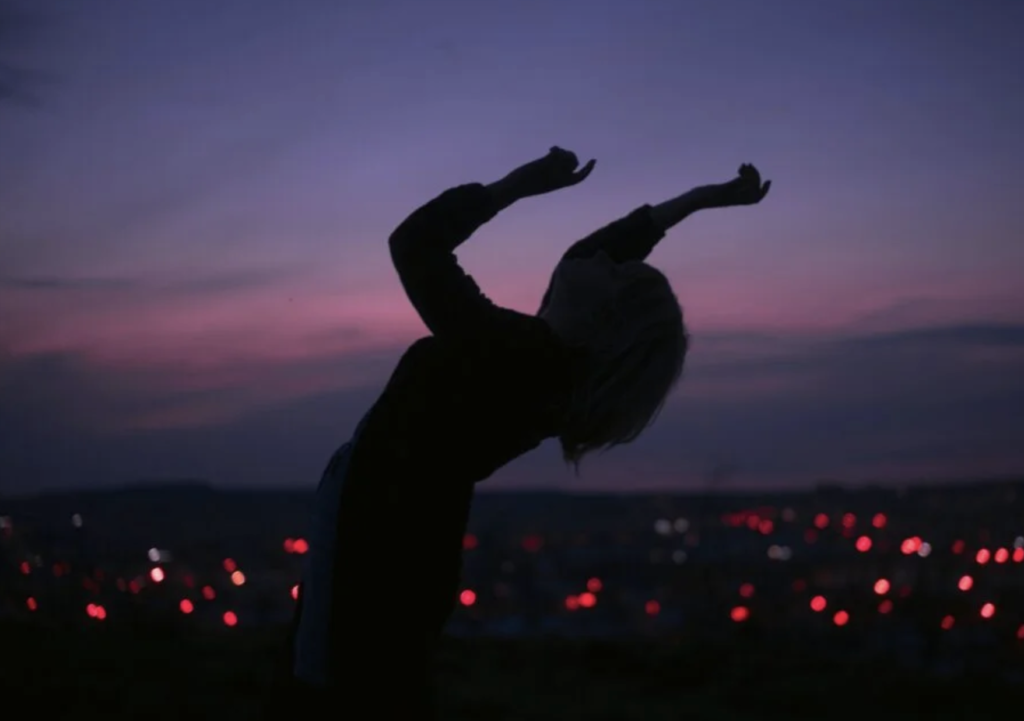Dreams often serve as windows into our subconscious, weaving intricate tapestries of our thoughts, emotions, and experiences. While some people vividly remember their dreams, others might wake up with only a faint recollection or claim they never dream at all. This raises a profound question: Do dreams hold any real significance?
The Science and Mystery of Dreams
Dreams have long intrigued humanity, straddling the line between the mystical and the scientific. On one side of the spectrum, many believe that dreams are messages from unseen realms or a bridge to our deeper selves. Conversely, scientists often attribute dreams to neurological processes — byproducts of our brain’s activity during sleep. Regardless of these differing perspectives, one fact remains: our brains are incredibly active even when we sleep.

Reflections of Our Waking Lives
Our dreams can mirror the events and emotions of our daily lives, sometimes replaying mundane experiences or highlighting our deepest fears. But what does it signify when we dream of someone who has passed away? Such dreams can be deeply personal and emotionally charged.
Dreams as Part of the Grieving Process
Dreaming of a deceased loved one can be a natural part of the grieving process. According to Healthline, these dreams often occur during significant life changes, such as starting a new job, moving to a new place, or meeting new people. They can be our mind’s way of helping us navigate through these transitions.

Psychologist Dr. Rubin Naiman, a sleep and dream expert, notes, “Dream interpretation involves decoding the dream to uncover psychological insights and expand our consciousness.” Thus, dreaming about someone who has passed away may be more about us — our emotions, changes, and the way we cope with life’s ebb and flow.
The Deeper Meaning Behind Dreaming of the Deceased
Experts often categorize these dreams into distinct types, each providing unique insights:
- Processing Grief and Pain: Dreams can serve as an emotional outlet for processing grief and unresolved feelings. If the dream involves unresolved issues with the deceased, such as guilt or regret, it might be our subconscious working through these complex emotions.
- Reflecting Personal Traits: Dream analyst Lauri Loewenberg suggests that seeing a deceased person in our dreams might highlight traits or behaviors we recognize in ourselves. For instance, if the deceased struggled with certain habits, their appearance in our dream could be a signal for us to address similar issues within ourselves.
- Visitations from the Deceased: Some believe that these dreams are genuine visitations from those who have passed on, particularly when the deceased appear happy, well-dressed, or offer comforting messages. These dreams can feel profoundly real and provide solace, as if our loved ones are reaching out to say “Hello.”
- Messages from Beyond: In many cultures, dreams are considered spiritual experiences. For instance, the indigenous people of Australia view dreams as fundamental to our spiritual existence, offering a deeper connection to the cosmos and our ancestors.
How Do These Dreams Make Us Feel?
More important than the dream itself is the emotional impact it has on us. A dream involving a deceased loved one might bring comfort, closure, or even a sense of continued connection. Conversely, it could also evoke sadness or highlight unresolved emotions. How we interpret these dreams can offer profound insights into our inner world and our journey through life’s changes.
Conclusion: Embracing the Mystery of Dreams
Regardless of whether we view dreams through a scientific lens or see them as mystical experiences, they undeniably offer a unique glimpse into our subconscious mind. Dreaming of someone who has passed away can be a powerful way to understand our emotions, our coping mechanisms, and our spiritual beliefs. These dreams remind us of the intricate tapestry of life and death and our enduring connection with those we love.
Feel free to SHARE this article with your family and friends on Facebook.
